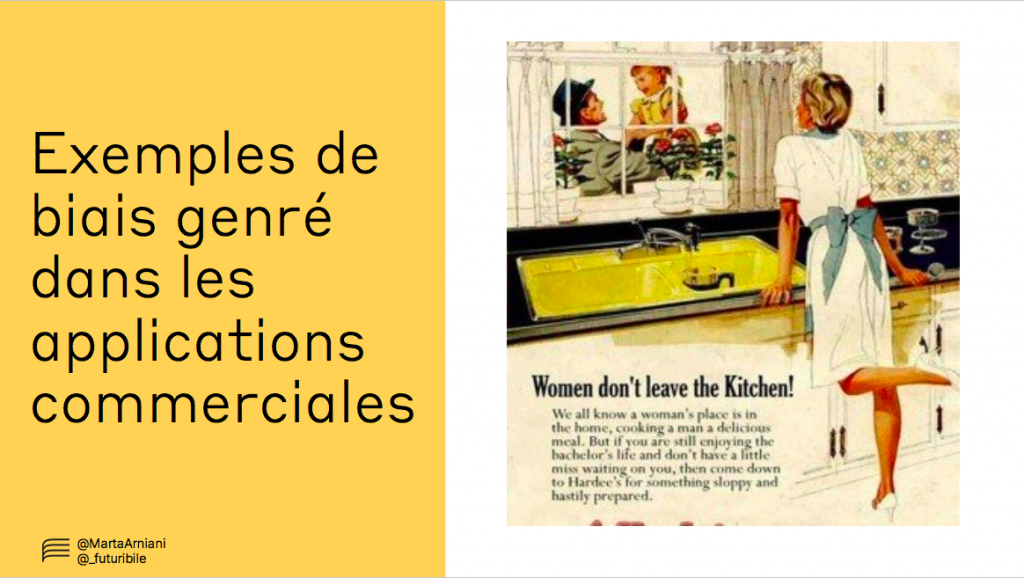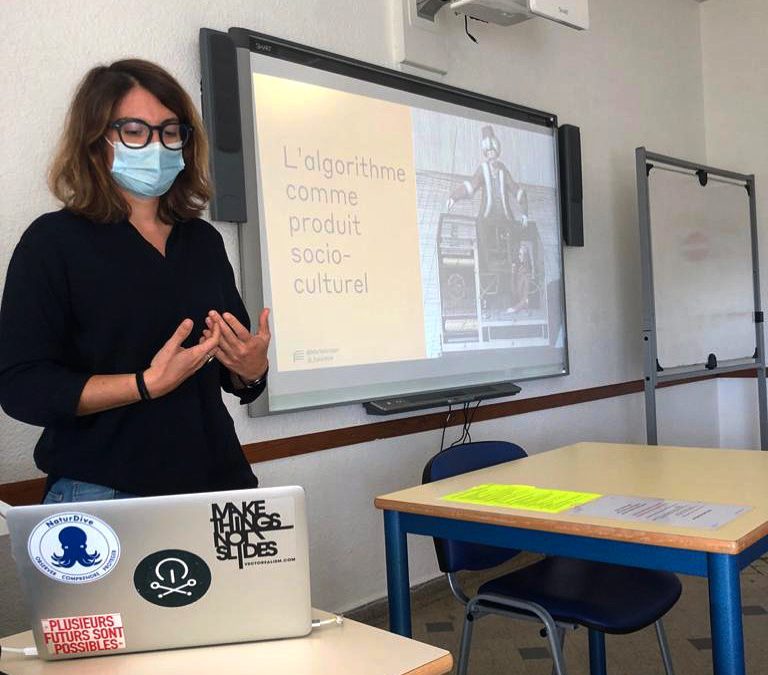Last week I presented my work on the gender aspects of automating public services at the MA in Algorithmic Right and Data Governance of the University of Nice, upon invitation of its director Caroline Lequesne Roth. My objective was to give students a feminism lens to approach public ADMS implementation and evaluation that could be integrated into their future practice. We discussed feminist theories, case studies and worked on possible solutions to concrete discrimination problems.

It was in French, but I am happy to propose it again and adapt it elsewhere in English or Italian (Spanish could handle an evening event with a glass).
The first part frames feminism as a prism to approach complex socio-technological problems, especially when they concern vulnerable social groups, as it is the case in welfare. The second part is a guided reflection on examples of commercial applications of automation (e.g. voice assistants, or femtech) that result in being particularly discriminatory for women. The third part focuses on welfare digitalisation and the gender challenges it embeds. The largest part of the three hours we spent together was dedicated to work on concrete ADMS-led discrimination cases and to design possible solutions from a jurist point of view. I was amazed by the responsiveness of students, who give me great hope that professionals who are today in the making will handle digitalisation better.
